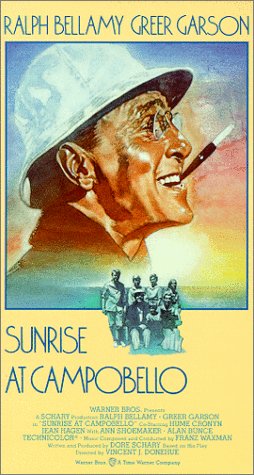 Hello there, and Happy New Year!
Hello there, and Happy New Year!
When I was little, I owned a stuffed Paddington Bear. When I found out Heyday Films was working on a movie for the character, I immediately added it to my watch list. From the audience’s reaction, made up mostly of families and a few dates, it seemed to be well received. American audiences may not be familiar with Paddington, even though the Orange Marmalade eating bear has had tons of books, toys and cartoons in the UK over the last 50 years. He even has his own float in the Holiday parades we have here in New York City.
The movie, directed by Paul King, finds young Paddington (Ben Wishaw – Layer Cake, Skyfall) traveling to London after an Earthquake destroys his home in Darkest Peru. His Aunt and Uncle (played by Imelda Staunton and Michael Gambon, respectively) have told him of how wonderful London is, but he finds it’s not exactly as kind as he was led to believe. While Wishaw wouldn’t be my first through to voice Paddington, he fits the role quite well, giving the character a sense of polite innocence that’s spot on to how I recalled him.
The Brown family discovers Paddington and takes him in, in the hopes that they can locate the individual who discovered Paddington’s Aunt and Uncle during an expedition many years ago. When an evil taxidermist (played by Nicole Kidman in a turn that feels eerily similar to what she did in The Golden Compass) discovers Paddington, she makes it her goal to have him added to her collection.
Paddington’s supporting cast seems to either have former Harry Potter or Layer Cake stars. Downton Abbey’s Hugh Bonneville plays the overprotective Brown father. Sally Hawkins (Layer Cake, Godzilla) plays Mary, who helps Paddington along his trip. Weasley mom Julie Walters has a fun role as the house nanny, and finally, Doctor Who’s Peter Capaldi is the nosy next door neighbor that doesn’t take too kindly to having furry neighbors around town. It looks like everyone enjoyed themselves on the production, and seeing Capaldi play someone so odd was a little weird.
For young viewers, Paddington is a treat, with a focus on acceptance, family and the notion that sometimes one can hold on too tight to children in an effort to keep them safe. It might a gross out in some ways, depending on some of the scenes that include earwax licking and passing gas. Some may find the notion of a taxidermist a little scary, but my audience seemed to be okay with it. There are very few elements of violence – most of it the playful type found in films like Home Alone. Nicole Kidman may appear scary to some, but at it’s heart, Paddington tries to keep everything as accessible as it can for everyone.
Musically, Sigur Ros provides some great music that flows with the scenes, and the production itself moves almost in the same fashion as Alfonso Cuaron’s Harry Potter and the Prisoner of Azkaban, via the use of screen wipes and subtle season changes. The CGI for the film is done well, though I can’t say it’s very subtle. A casual view could probably spot what’s CGI and what isn’t, but since it’s for kids, they won’t really care.
Overall, it was fun to revisit Paddington. I didn’t have much in the way of expectations, but was a little amazed at how well it actually held up. I found myself smiling more often than I thought I would, honestly.

